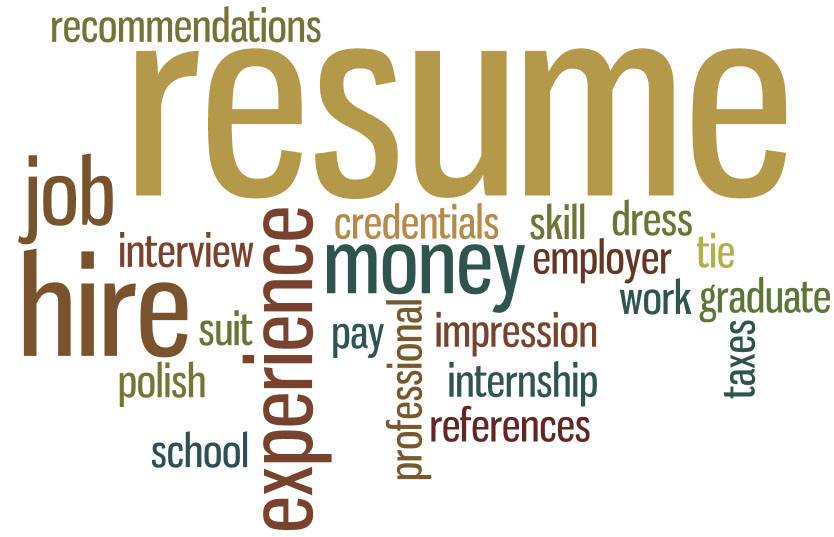The resume you’ve dreamed of comes across your desk. This accountant has all the right credentials, the ideal work history and technical skills you like to see. The candidate checks all the boxes. Too good to be true? Do unicorns exist?
The reality is that many people shine on paper but fall short in person. In a Robert Half survey, nearly two in every three senior managers (64 percent) said it was common for candidates to not live up to expectations during an interview.
Nobody said recruiting was easy, but it could also be you’re making the process harder than it has to be. Follow these six tips to get better results, reduce stress and avoid failed hires.
1. Get the job description right.
Write a job post that’s brief and to the point but long enough to accurately reflect the core duties, required and preferred skills, and desired accounting certifications.
One reason new hires don’t live up to expectations is a poor fit with the workplace culture. Don’t forget to add a description of yours. For example, a firm that values environmental stewardship might highlight its efforts toward organizing environmentally focused volunteer service projects. Others might emphasize their collaborative work environment or how they help employees maintain work-life balance. At interview time, look for attributes in candidates that are a reasonable match with your organizational culture.
2. Take a closer look at resumes.
Being aware of common resume red flags can save you from interviewing nonstarters and wasting everyone’s time. Alarm bells should go off if you encounter inconsistencies, vague language, mysterious employment gaps, grammatical mistakes or overuse of buzzy phrases that don’t reveal anything about the candidate.
And, of course, be suspicious of claims that aren’t substantiated. According to another Robert Half survey, resume lies are becoming more common.
3. Focus on soft skills.
This one is strongly related to No. 1 where we discuss workplace culture. Many great-on-paper job candidates don’t have the nontechnical abilities to fit well with your team. Maybe their communication skills are lacking, or their ethics or sense of humor raise eyebrows. Any number of crucial factors could be missing, and it’s impossible to judge that from a resume alone. Ask open-ended behavioral interview questions, in person or by video.
To make doubly sure they would play well with others, have candidates interact with your staff. For example, invite individual short-listed candidates to have lunch or coffee with key employees who embody your organizational culture.
4. Test for technical skills.
Proficiency means different things to different people, and some job candidates overestimate their abilities in accounting software. When candidates say they’re proficient in this or that system, quiz them on more advanced functions.
5. Work with a specialized recruiter.
Managers review an average of 40 resumes per open position and spend about 12 minutes reading each one, according to our research. That’s the equivalent of a full workday on just one area of the multi-step hiring process.
You can save time and hassle by partnering with a staffing firm that specializes in placing accounting professionals. Their recruiters have the bandwidth, experience and contacts to get you a short list of vetted job candidates and to handle salary negotiations, leaving you more time for other priorities.
6. Speed things up.
Highly skilled accountants have choices when it comes to employers. If your hiring process drags, top candidates are likely to lose interest in working with your group, or to turn you down because another accounting firm made a winning offer a week ago. Both situations are frustrating, leaving you without many good options but to start all over again.
Smart hiring is at the foundation of building a strong accounting team, and the process doesn’t have to be stressful. You can ease many of the pain points by taking another look at your current practices — and adapting your hiring practices for today’s realities.
========
Paul McDonald is senior executive director at Robert Half, the world’s first and largest specialized staffing firm. He writes and speaks frequently on hiring, workplace and career-management topics. Over the course of more than 30 years in the recruiting field, McDonald has advised thousands of company leaders and job seekers on how to hire and get hired.
Thanks for reading CPA Practice Advisor!
Subscribe Already registered? Log In
Need more information? Read the FAQs





